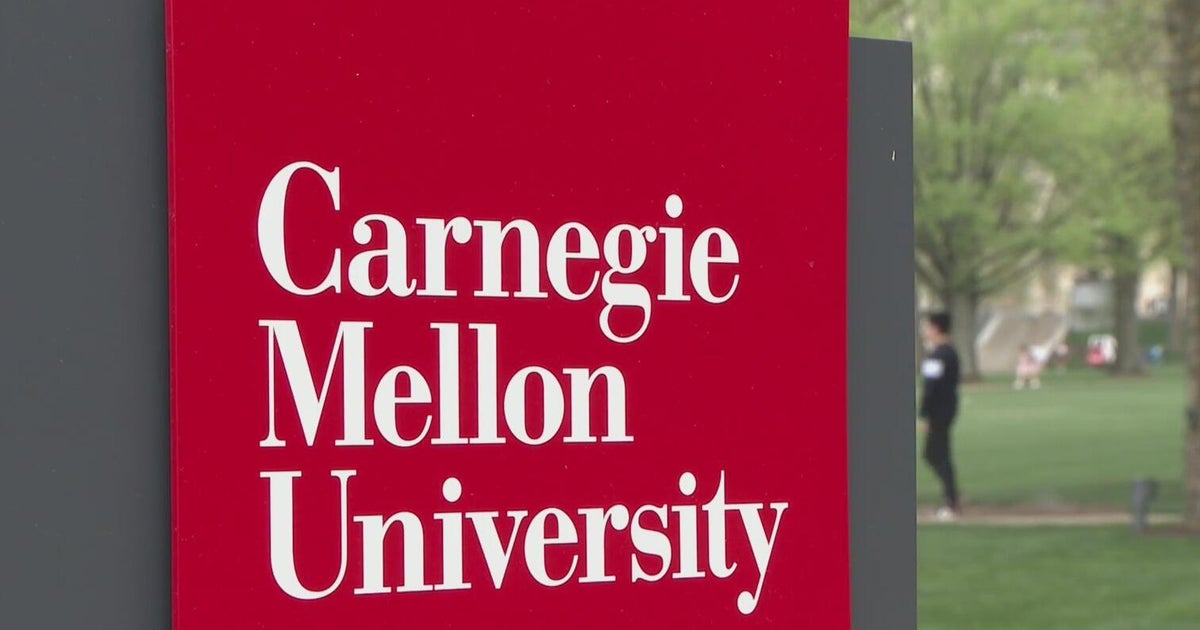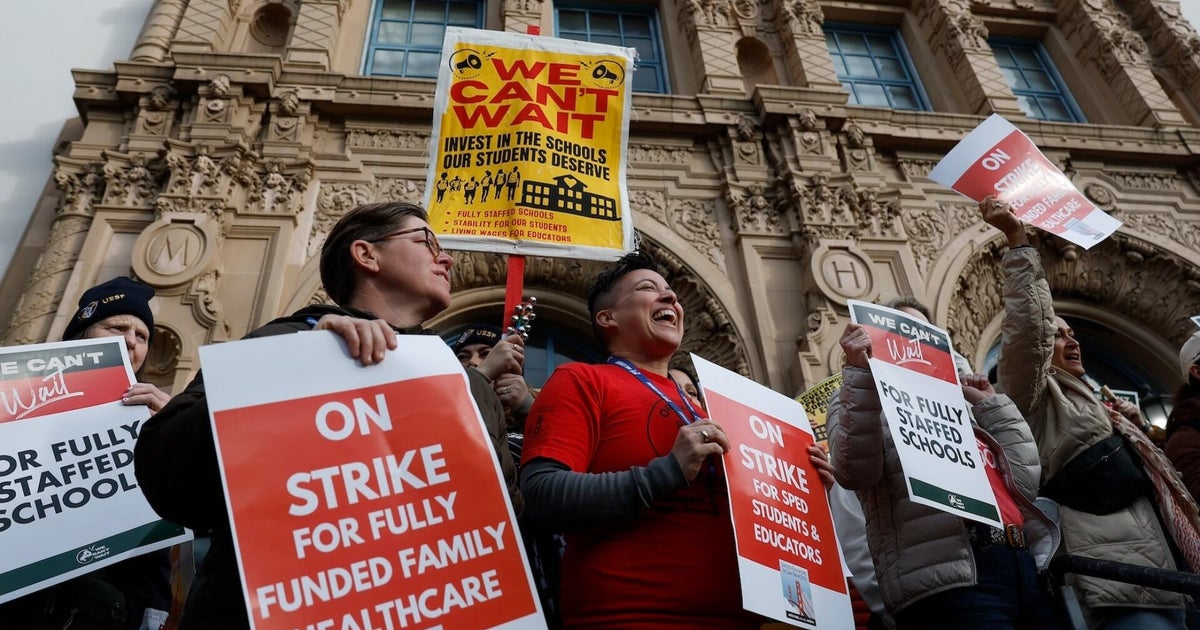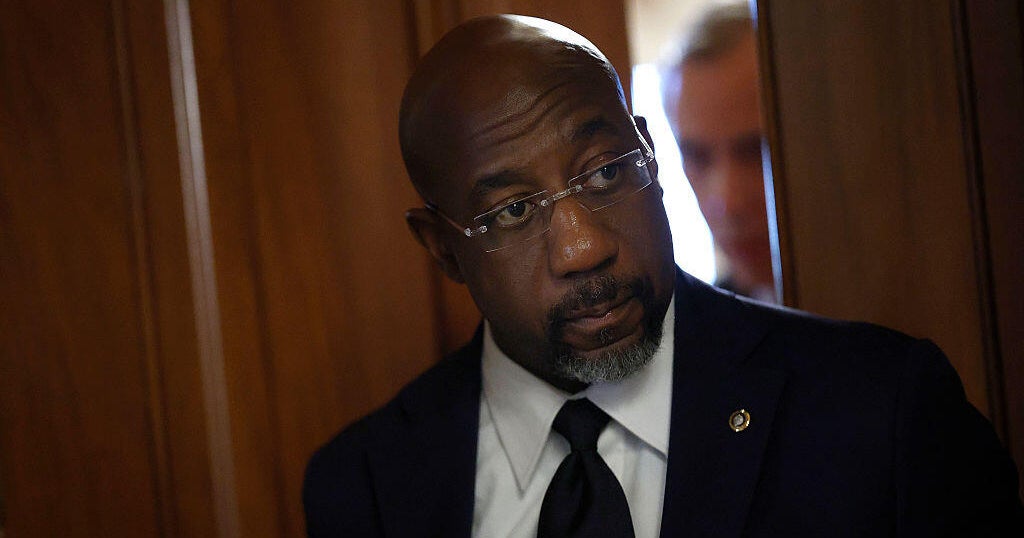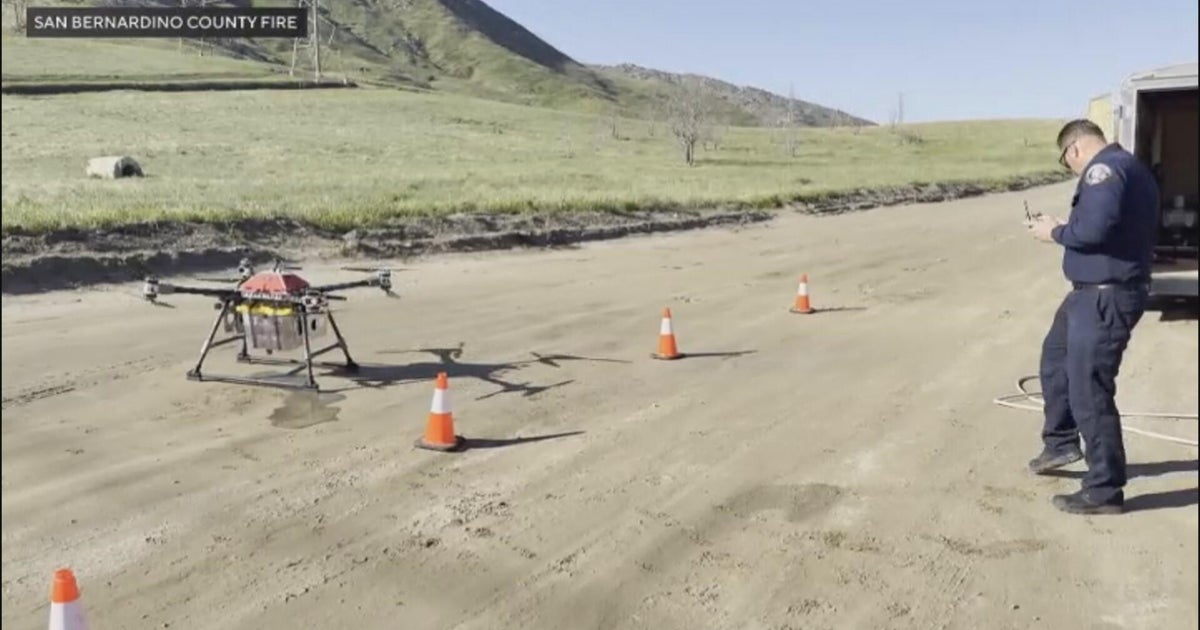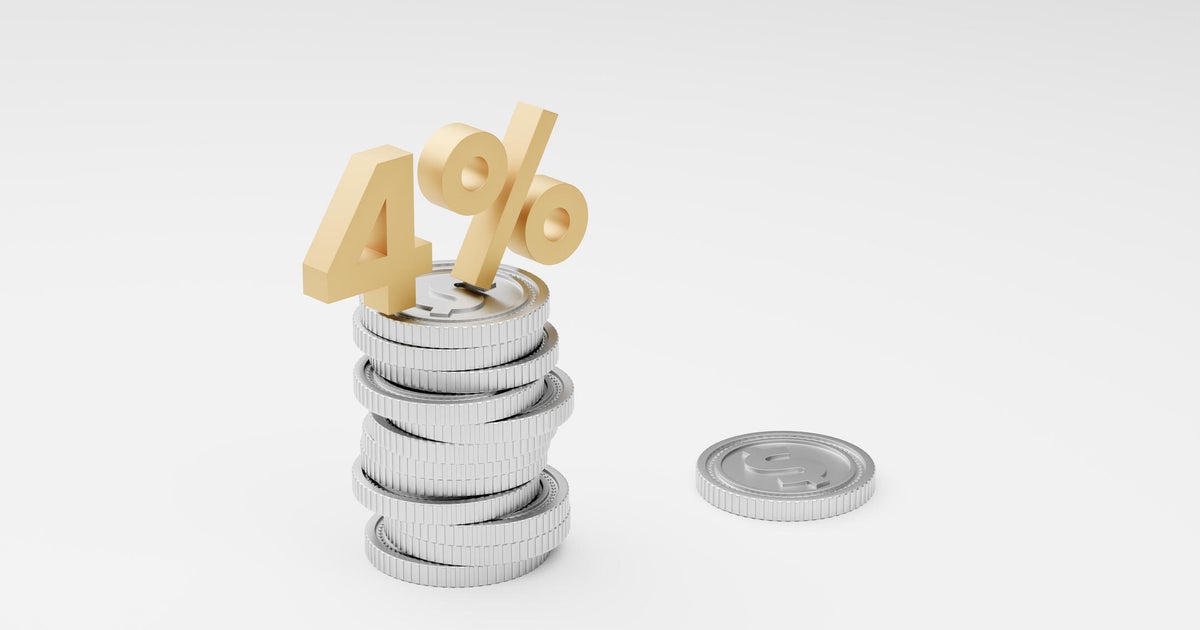Fla. Education Savings Account Bill Clears First Hurdle
TALLAHASSEE (CBS4) – A bold plan to allow parents to use state funding to pay for private school tuition, college savings plans, or tutoring cleared its first committee on Thursday.
The ambitious plan (SB 1550) would take 40 percent of the state's per-pupil spending on a public school student and deposit it into an account, the bill calls it an "education savings account", where it may be used to pay private school tuition, for tutors, or for college savings accounts.
It would amount to about $3,100 per student under this year's education funding formula.
"This is a very innovative program that recognizes that parents should have choices," said Sen. Joe Negron, R-Stuart, the bill sponsor. He added that "I don't believe public schools are going to fold" because of the bill. "Public schools are competing with private schools," Negron said.
Any student, whether they currently attend public or private school, would be eligible to open an account.
Gov. Rick Scott has previously stated his support for savings account plans for parents, and the idea is supported by an education policy group founded by former Gov. Jeb Bush.
Though the bill cleared the Senate Education Pre-K-12 Committee on Tuesday, supporters and detractors alike said it isn't likely to progress much further.
Its House companion (HB 1225) has not yet been heard in a committee.
"It won't get much further this year," said Jaryn Emhof, a spokeswoman for the Foundation for Florida's Future, the education think tank affiliated with Bush that is pushing various proposals that would channel more state funding into charter, virtual and private schools. "It was heard as a courtesy."
Emhof said this is the first year the idea has gotten a hearing in the Legislature and that education savings accounts are likely to return next year for more serious consideration.
Critics say the education savings account bill is just another voucher program. Its unique structure, which doesn't mandate that taxpayer money go to a private school, may allow the state to skirt around the constitutional issues that have been problematic for school voucher programs in the past.
A previous attempt at a wide-ranging school voucher program called Opportunity Scholarships was struck down in 2006 after the Florida Supreme Court said it violated the state constitution.
"It's constitutional," Negron said after the committee. "We do the same thing in voluntary (pre-kindergarten)," Negron said, though the bill analysis says it may be "constitutionally challenged."
Several teachers spoke against the bill Thursday, saying it is a way of diverting funds away from public schools and into private schools and the hands of parents who home school their children.
"While this might be something that seems like a good idea in theory, in reality if we were to have a large number of people opt into this program…I do see us losing some of our wonderful programs," said Barbara Wilmarth, a Pinellas County public school teacher.
Negron said it doesn't hurt public schools. He said the measure would allow schools to keep 20 percent of the state's per-pupil spending cost, even though the student would be gone, though the bill didn't spell out that percentage.
But the proposal does provide a strong incentive for parents to take their kids out of public schools, critics say.
"What is to stop families from saying 'I am going to keep my child home' and just take the money and it is not going to appropriate educational opportunities?" asked Sen. Lizbeth Benacquisto, R-Fort Myers.
Negron said by requiring the money be deposited into banks and having only certain approved expenditures, such as tuition, books, tutors and college savings plans, would avoid abuse.
The bill would cost the state's Department of Financial Services over $760,000 to set up, and about $168,541 each year to maintain. The department would be in charge of setting up the savings accounts.
Negron said he was focused on moving the bill forward in the Senate, though acknowledged that "it is a transformational idea and so we are making progress as with any big idea."
(©2011 CBS Local Media, a division of CBS Radio Inc. All rights reserved. This material may not be published, broadcast, rewritten, or redistributed. The News Service of Florida contributed to this report.)
